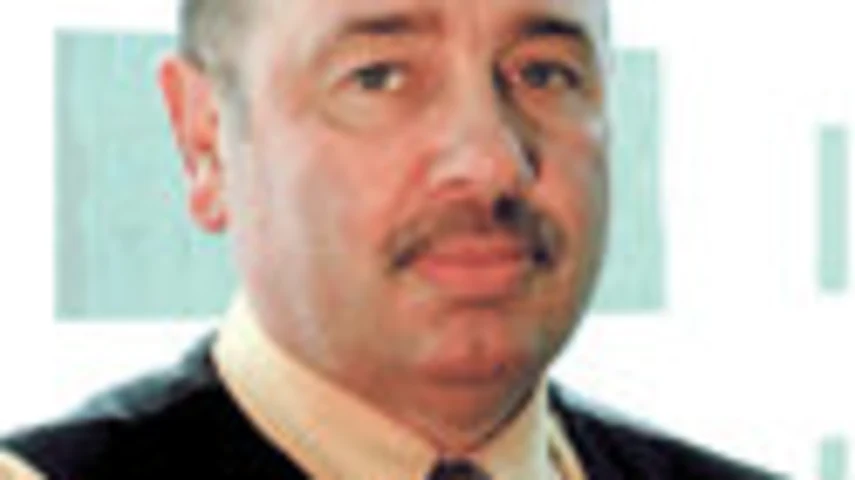Letting go of the baggage



The move by the Association of Financial Advisers (AFA) to not support the Financial Planning Association’s (FPA’s) proposal to transition away from commissions-based financial advice would have come as little surprise to FPA chief executive Jo-Anne Bloch.
In disagreeing with the FPA’s consultation paper proposing the move away from commissions, AFA national president Jim Taggart asserted that members did not want nor expect their professional body to tell them how to run their businesses.
Many members of the FPA will probably find themselves agreeing with Taggart. Indeed, in all likelihood, a number of those members will see fit to resign their membership of the FPA and sign up with the AFA.
But while Taggart may have spoken the very words that some FPA members have been thinking, he and his board are clearly viewing the AFA’s role as that of a traditional industry association rather than a professional body.
The FPA’s approach is more about being a professional association. Very much tied up in the FPA’s position on commissions is an acknowledgement that advice needs to be clearly separated from product sales before advisers can be seen to be truly independent and therefore lay claim to professionalism.
Therefore, as the debate moves forward, financial advisers will need to make a choice about how they perceive the future of their industry and, by definition, how their industry is perceived by consumers.
What needs to be understood by all concerned in the debate is the reality that the Federal Government was highly likely to have moved on the commissions issue if the industry had not.
It ought follow, therefore, that while changing industry organisations might give planners some small satisfaction, it is unlikely to alter the reality that the commissions regime, as it currently exists, is not politically sustainable.
The financial planning industry, as it is now constructed, is carrying with it a good deal of negative baggage. For better or worse, a change to the commissions regime represents a chance to jettison some of that baggage and the perceptions that go with it.
— Mike Taylor
Recommended for you
In this episode of Relative Return Insider, host Keith Ford and AMP chief economist Shane Oliver unpack the RBA’s decision to keep the cash rate on hold in the face of rising inflation and whether the governor’s hawkish tone is a sign of things to come.
In this episode of Relative Return Insider, host Keith Ford and AMP chief economist Shane Oliver discuss the September quarter GDP figures, which show Australia’s economy regaining momentum.
In this new episode of The Manager Mix, host Laura Dew speaks to Haley Devine, head of wealth management at MaxCap Group, to delve into private credit and commercial real estate.
In this new episode of The Manager Mix, host Laura Dew speaks to Benjamin Leung, head of systematic investments at Macquarie Asset Management, to understand the use of systematic investments.







